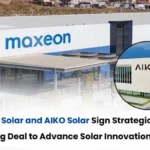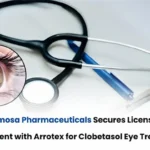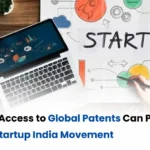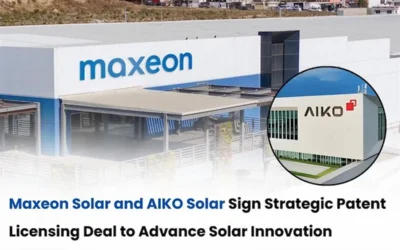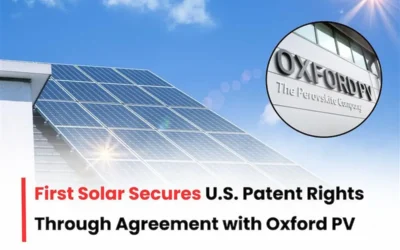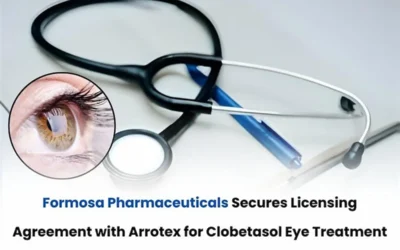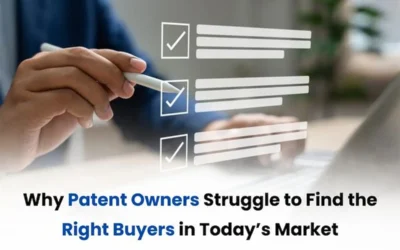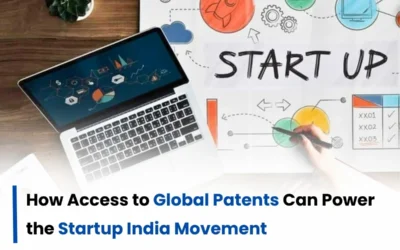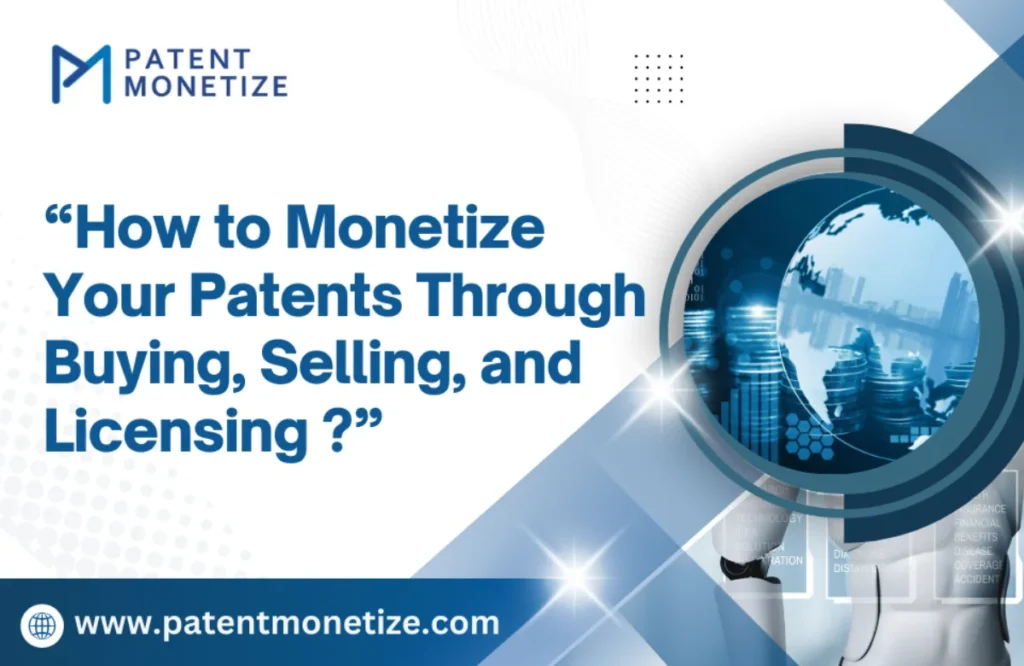
Patent monetization will be the best way to make money from your innovation. The majority of the inventors and companies are currently looking for the ways to monetize their intellectual property. If you have a patent, it is an asset that will reflect some good revenue streams. The thing is, whether you are an inventor, an entrepreneur, or any business owner with patents; the value would be maximized by buying, selling, or licensing your patents. It includes three of the most common approaches on how to monetize a patent which cover buying, selling, and patent licensing. To help you actually put it to action, with a good grasp of how much profitability you might gain.
Definition of Patent Monetization
Patent monetization is putting a patent into liquidation status. Patent monetization allows the owner of the patent-companies, individuals, or firms-to give expression to value captured from his patents through selling, licensing, or utilizing patents in any business activity. Patent monetization can only be coined as successful if one knows how to capitalize on his intellectual property at one go with the fact that he does not lose all the benefits promised by his innovation.
Importance of Patent Monetization
Revenues can be assigned to a patent. Patents mean more than just a piece of paper to the inventors, businesses, and research entities. Patent owners can monetize their patents to the marketplace and thus earn revenues either through licensing fees or direct sales. Patent monetization is, however not easy. Patent owners must identify opportunities in the marketplace and exploit these opportunities, like identifying how they can unlock value from their patents.
Three Methods of Patent Monetization
Selling Patents
The most self-evident way by which to earn income on a patent is to sell that patent. In other words, when you sell your patent, then the ownership thereof passes to someone else or a company; in turn, the latter can use the rights on the patent, sell it, or license it to any interested individual. Basically, the sale of patents gives you instant cash after which you can do nothing more about the patents as you could have otherwise when not selling patents.
Read More: Patent Selling Marketplaces: Strategies to List, Pitch, and Close Deals Effectively
How to Sell Your Patents
- Market Value Estimation: A patent must be known to sell; the value can be estimated through hiring an expert or through online tools for determining its value in the market. The value of a patent is estimated through various aspects such as the application that may be brought forth from the patent, relevance in an industry, and its legality.
- Identifying Buyers :They include companies, investors, patent brokers. Patent brokers generally refer the seller to potential buyers through which they will take some money on the successful sales of those patents. One would reach the potential buyers-some companies needing patented product or patented technology for developing.
- Negotiation of Sale: After a buyer has been identified, then negotiations will ensue. Prepare for a give-and-take process; therefore ensure that a reasonable price is fetched. The negotiation may involve patent attorney representation in order to ascertain protection of your interest.
- Completion of transaction : In the light of an agreed on terms sale contract is produced. Sales terms and sales agreements are in order. Hence it would represent sales terms price details, clause which have implications regarding continuing royalty and licensing amongst other things.
This way, the owner forfeits his ownership of the intellectual property. This is an advantage for patent owners as it ensures at a given time, short-term benefits prevail over long-term liabilities in running a patent.
Licensing of Patents
One more wonderful way of securing funds without alienating patents of rights is by licensing. Basically, it’s the permission issued to another corporation or a third party to avail patented inventions at some such quantum of agreed monetary value. So, basically there are two sorts of licensing deals as well
- Exclusivity: Exclusive Licensing gives the patent rights exclusively to the licensee and you cannot permit another person, organization, company, or other group obtain this license till the lapse of the agreement’s expiry. That brings much greater front-end compensation with greater favorability over the royalty.
- Non-Exclusivity License: A non-exclusivity license enables you to license your patent to various entities. This means that you can license the very same patent to various companies simultaneously. This will likely cause you to receive lower upfront fees, but then you collect a stream of royalties from several licensees at various times.
How to License Your Patents
- Licensing Terms: The details of a licensing term should be determined. This would of course include such things as the royalty rate, the license duration, the territorial restrictions on the license and possibly other terms. You will require getting hold of a patent attorney so all your best interests are covered.
- Seek potential licensees-try to identify who might want your patent. Such ideal licensees would be those big companies engaged in the same business line; they will, of course already have all resources required to adopt your patented technology into their respective products or services.
- License Agreement Negotiation:The negotiation of Patent licensing agreements is complicated, but very crucial to obtain fair compensation for the granted patent rights. It may involve the amount of upfront payment which can be complicated, the amount of royalty to be given among others.
- Monitoring Compliance: You now monitor compliance, now that a licensing agreement signed. In this sense, your licensee should be in good terms with terms of the deal. There might be cases of violations that take you to court or maybe renegotiate on terms of an agreement.
Licensing is the best option that suits those people who would love to own their patents but get some passive income at the same time. This is flexible, and it could serve well patents that have so much application with different industries.
Patent Purchase
The other method of acquiring patents is through purchase. Although not common as selling, it can pay off when taken seriously. Whenever you buy a patent, then you have been given the entire rights of having the intellectual property rights, then you can put those patents in use and be able to create money out of them through their sale, license, or the use of applying them to the products.
Steps to Buy Patents
- Available Patents to Buy: Not all patents for sale are posted. You may find patents on sale through patent monetization marketplaces or patent brokers or search yourself on patent databases and identify promising patents.
- Analysis of the Patent: The purchase process of a patent is always the same as selling; it’s always a critical process. Whether the patent remains valid or it is pending and has litigation issues or any sort of disputes associated with it; check whether or not the patent is commercially viable and what profit it would create for your business.
- Buy in Negotiation: The party should negotiate the purchase with the seller after determining the availability of a patent that can be purchased. It could be direct acquisition or obtaining the right to use the patent. Terms will depend on the patent and the owner of the same.
- Assignment of Ownership: When the deal takes place, you immediately acquire ownership on the patent from the sale transaction. Ensure that you offer a legal record of transfer within the patent offices.
You can make another persons innovation your bread and butter due to patents. Companies often take patents to give their IP suite a boost up or stop from competitors who steal the same applied technology.
Why You Need to Patent Monetize
There are several reasons as to why one should monetized his patents; these include,
- It is a value source that creates a steady, continuous stream of revenue in lump sums from sales and licensing.
- In patenting, entrepreneurial activity can increase your level of competitiveness together with strategic allies with other firms.
- Stream of Income: Patents can be a source of stable flow of income especially to innovative based businesses.
- Protect Your Idea: Patent licensing and selling prevents other people from exploiting your inventions against your will.
Conclusion
By buying, selling, and licensing, your patents offer multiple ways through which to maximize value. If you want to make quick money from a sale or require consistent income from licensing, here, what matters is that you are aware of the nitty-gritty about patent monetization strategies. Based on each alternative you decide, with a much more rational and calculated approach to it, once you execute properly for each of the strategies, you will convert your patents into something with paybacks that never stop. Remember that the right strategy would actually depend on one’s objectives; therefore, consultation with patent professionals is something vital for the best possible outcomes.
Read More: OPPO Grants Global 5G SEP License to Leading Chinese Carmaker
